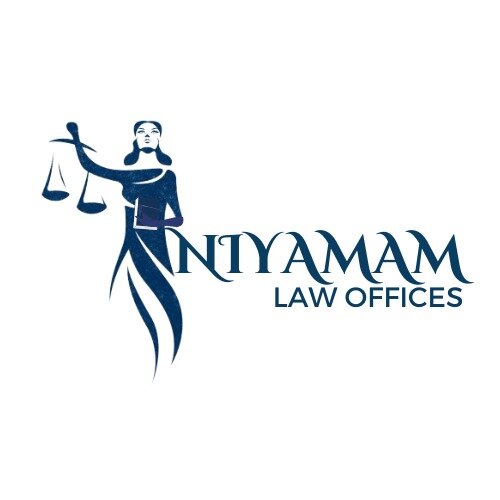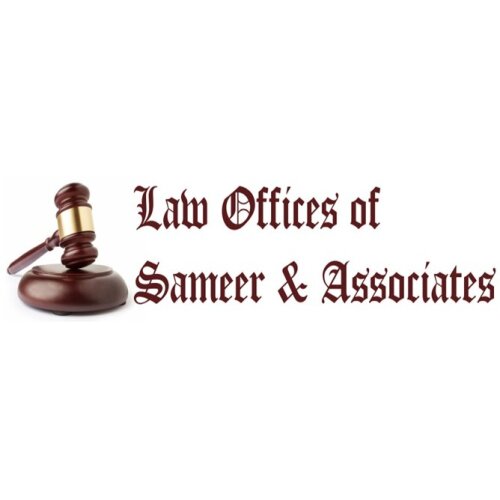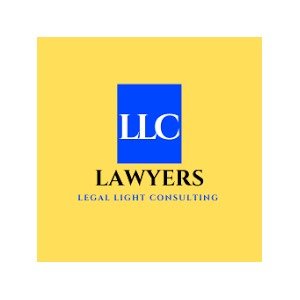Best General Litigation Lawyers in Delhi
Share your needs with us, get contacted by law firms.
Free. Takes 2 min.
List of the best lawyers in Delhi, India
India General Litigation Legal Questions answered by Lawyers
Browse our 1 legal question about General Litigation in India and read the lawyer answers, or ask your own questions for free.
- Owner not giving security amount
- As my owner taken last month rent and promise to give security deposit amount after few days but as time passes he make exceses and saying that he can't give my amount.
-
About Litigation Law in Delhi, India:
Litigation law in Delhi, India refers to the process of resolving disputes through legal action and presenting cases before a court of law. It involves legal proceedings related to civil, criminal, and commercial matters. The litigation process is governed by various laws, rules, and regulations specific to Delhi.
Why You May Need a Lawyer:
1. Legal Expertise: Litigation can be complex, with specific rules and procedures. A lawyer specialized in litigation can provide expert advice and guidance throughout the legal process.
2. Understanding Your Rights: A lawyer can help you understand your legal rights and obligations in a litigation matter, ensuring you are protected and well-informed.
3. Building a Strong Case: A lawyer can gather evidence, interview witnesses, and develop a strong legal strategy in order to present a compelling case in court.
4. Negotiation and Settlement: In some instances, a lawyer can negotiate on your behalf for a settlement, potentially saving time and money by avoiding a lengthy court process.
5. Court Representation: If your case goes to court, having a lawyer by your side can provide effective representation and advocacy to present your case.
Local Laws Overview:
Some key aspects of local laws relevant to Litigation in Delhi, India include:
- The Code of Civil Procedure, which governs civil matters and procedures in Delhi courts.
- The Indian Penal Code, which deals with criminal offenses and procedures.
- The Delhi High Court Act, establishing the High Court of Delhi as the primary appellate authority.
- The Commercial Courts Act, which provides for the speedy resolution of commercial disputes in Delhi.
- The Delhi Rent Control Act, which governs disputes related to tenancy, rent, and eviction in the city.
Frequently Asked Questions:
1. Can I file a civil case directly in the court?
No, you must engage a lawyer who will prepare and file the necessary documents on your behalf. It is essential to follow the prescribed procedures and adhere to the court rules.
2. How long does the litigation process typically take in Delhi?
This can vary significantly depending on the complexity of the case, court workload, and other factors. Some cases may be resolved within a few months, while others can take several years.
3. What are the stages involved in the litigation process?
The litigation process typically involves stages such as filing a case, serving notices, examination of witnesses, presenting evidence, arguments, and the final judgment. Each stage has specific procedures and timelines.
4. Can I appeal a court decision in Delhi?
Yes, if you are dissatisfied with the judgment of a lower court, you can appeal to the High Court of Delhi. It is advisable to consult a lawyer to assess the viability of the appeal.
5. What are the costs involved in hiring a litigation lawyer in Delhi?
The fees of a litigation lawyer in Delhi can vary depending on factors such as the complexity of the case, the lawyer's experience, and the amount of time and effort required. It is important to discuss fees and payment terms with your lawyer before engaging their services.
Additional Resources:
1. Delhi High Court website: https://delhihighcourt.nic.in/
2. Bar Council of Delhi website: http://delhibarcouncil.com/
3. National Legal Services Authority: http://nalsa.gov.in/
Next Steps:
If you require legal assistance in litigation in Delhi, India, follow these steps:
1. Determine the nature of your case, whether it falls under civil, criminal, or commercial litigation.
2. Research and identify experienced litigation lawyers specialized in your specific area of concern.
3. Schedule consultations with potential lawyers to discuss your case and assess their expertise and compatibility.
4. Finalize the agreement with the chosen lawyer, clearly defining fees, responsibilities, and expectations.
5. Collaborate closely with your lawyer, providing all necessary information and cooperating throughout the litigation process.
Remember, it is important to consult with a lawyer to ensure your rights are protected and to receive sound legal advice based on the specifics of your case.
Lawzana helps you find the best lawyers and law firms in Delhi through a curated and pre-screened list of qualified legal professionals. Our platform offers rankings and detailed profiles of attorneys and law firms, allowing you to compare based on practice areas, including General Litigation, experience, and client feedback.
Each profile includes a description of the firm's areas of practice, client reviews, team members and partners, year of establishment, spoken languages, office locations, contact information, social media presence, and any published articles or resources. Most firms on our platform speak English and are experienced in both local and international legal matters.
Get a quote from top-rated law firms in Delhi, India — quickly, securely, and without unnecessary hassle.
Disclaimer:
The information provided on this page is for general informational purposes only and does not constitute legal advice. While we strive to ensure the accuracy and relevance of the content, legal information may change over time, and interpretations of the law can vary. You should always consult with a qualified legal professional for advice specific to your situation.
We disclaim all liability for actions taken or not taken based on the content of this page. If you believe any information is incorrect or outdated, please contact us, and we will review and update it where appropriate.
















